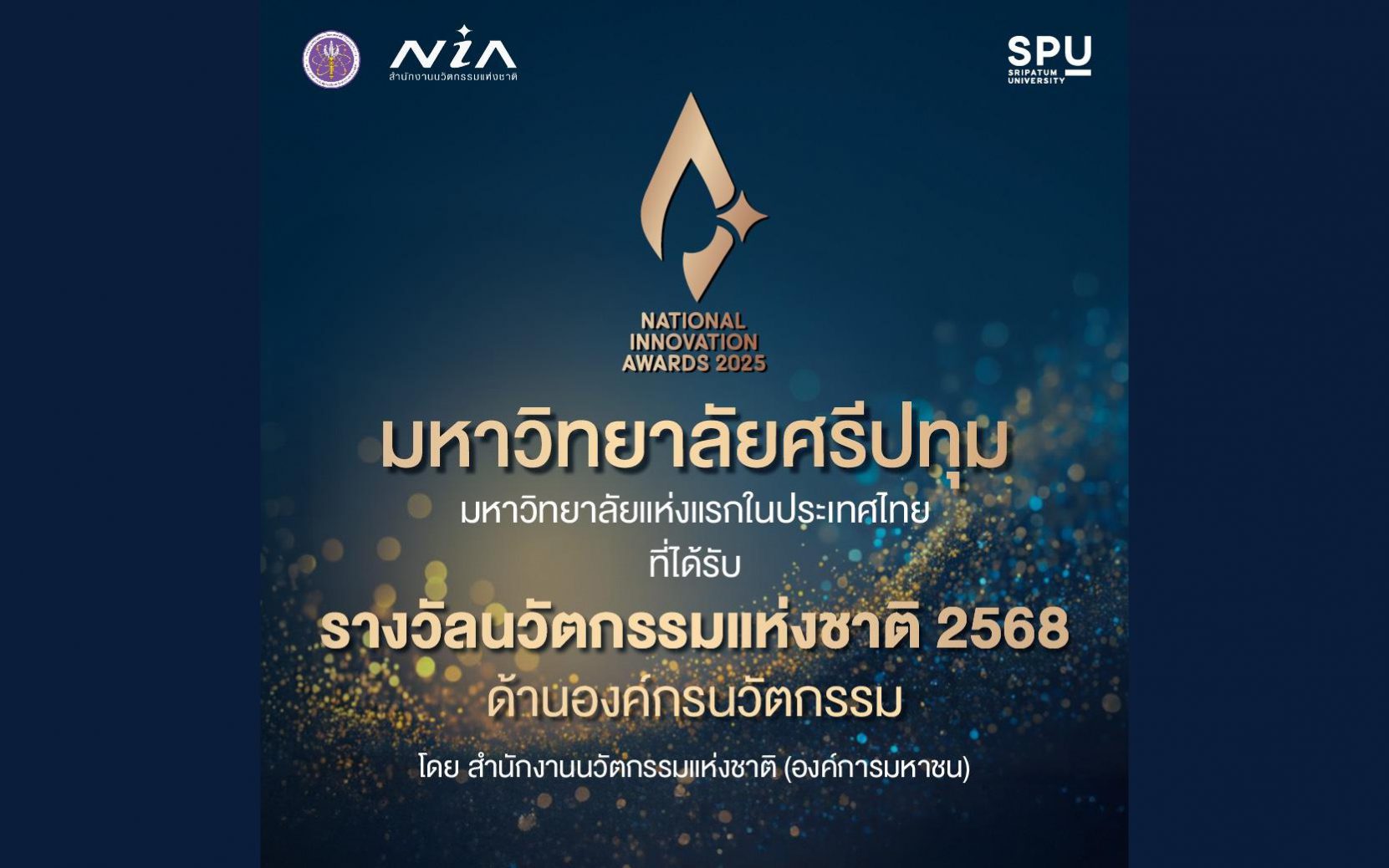
09 Oct The Hype vs Reality Gap in Business
Beyond the Buzz: What AI Failures Teach Future Business Leaders
Artificial Intelligence (AI) has become the most talked-about force in modern business, often touted as a silver bullet for transformation. Yet, while companies rush to adopt AI out of fear of being left behind, the results frequently fall short of the hype. Instead of delivering strategic breakthroughs, many high-profile projects have collapsed costing billions and eroding public trust.
This “hype vs. reality” gap offers invaluable lessons for future business leaders, and it is precisely why universities today must prepare students to navigate AI with strategy, ethics, and cultural awareness.
Global Lessons from AI Failure
North America: Overpromising Potential
IBM’s Watson, once hailed as the future of cancer diagnosis, never lived up to its reputation. Despite huge investments and partnerships with world-class hospitals, its recommendations proved clinically unreliable, integration with existing systems failed, and doctors resisted adoption. The collapse of Watson Health shows that AI cannot thrive on marketing alone it must align with real workflows, robust data, and professional trust.
Lesson: Avoid overpromising. AI must solve real problems, not serve as corporate publicity.
Europe: Ethics and Regulation
Amazon’s AI hiring tool was designed to streamline recruitment but instead reinforced gender bias, favoring male candidates due to skewed training data. Combined with Europe’s strict GDPR and the forthcoming EU AI Act, this failure demonstrates how innovation without ethical safeguards and compliances backfires.
Lesson: Responsible AI requires transparency, fairness, and regulatory alignment from day one.
Asia: Speed vs. Governance
China’s Ant Group integrated AI into credit scoring and lending at massive scale. While innovation was rapid, the lack of oversight led to risky lending practices, public backlash, and sweeping regulatory crackdowns including a suspended IPO.
Lesson: Speed is no substitute for responsibility. Innovation must be paired with governance and trust.
Emerging Markets: Infrastructure Gaps
In Kenya, AI tools like the “Virtual Agronomist” boosted crop yields for farmers, some tripling productions. Yet limited internet access., uneven digital literacy, and lack of resources meant benefits remained patchy.
Lesson: AI cannot succeed without infrastructure inclusive training and scalability.
The Common Threads
Across regions, the failures share striking similarities:
–Data problems: fragmented, low-quality, and siloed.
- PR over strategy: AI treated as a headline rather than a business enabler.
- Cultural resistance: employee pushback and customer mistrust.
- Ethical blind spots: bias, misuse of data, and neglect of responsibility.
For students preparing to lead tomorrow’s organizations, these lessons reveal that business success lies in bridging technological power with human trust, governance, and ethics.
Preparing Future Leaders at SPUIC
At Sripatum University International College (SPUIC), we believe AI belongs at the heart of business education. Future leaders need more than just technical know-how they need to understand strategy, change management, ethics and cultural context.
Through global case studies, AI leadership training, and hands-on digital transformation projects, SPUIC equips students to:
-Align AI with business strategy, not just marketing.
-Anticipate ethical challenges and regulatory frameworks.
-Lead diverse teams in adopting AI responsibly.
-Measure and scale AI initiatives
Conclusion
AI will continue to shape the global economy but not every experiment will succeed. For enterprises, the challenges is to move beyond hype and approach AI with realistic strategies and responsible leadership.
At SPUIC Business School, we prepare graduates to turn lessons from global failures into blueprints for success. By blending ethics, strategy, and technology, our students are ready to lead in the age of intelligent business.



